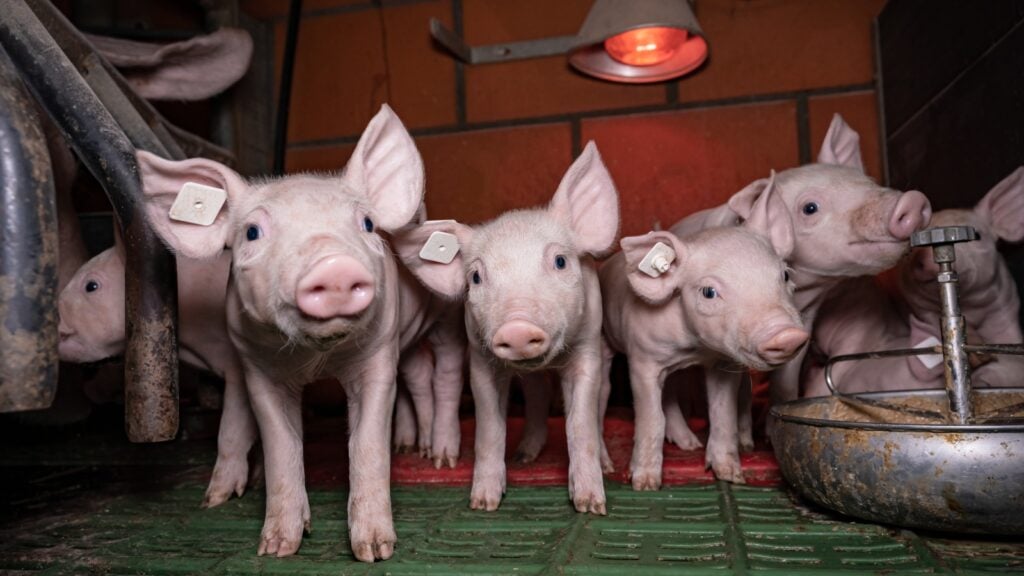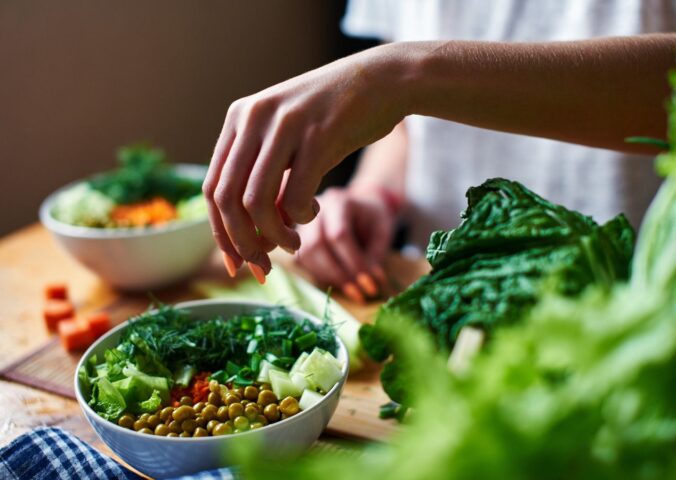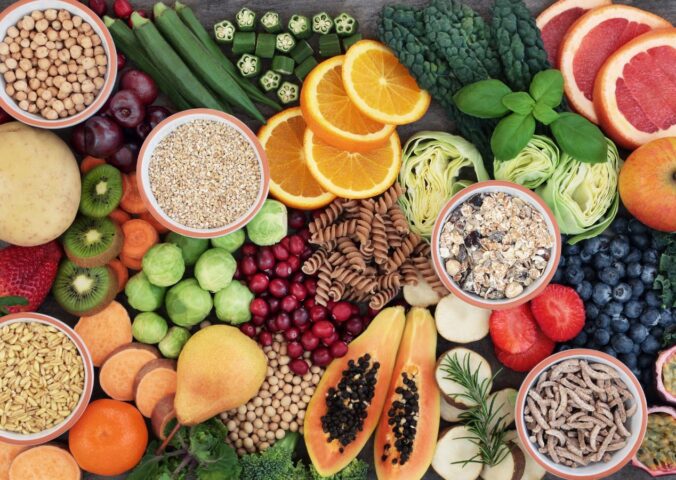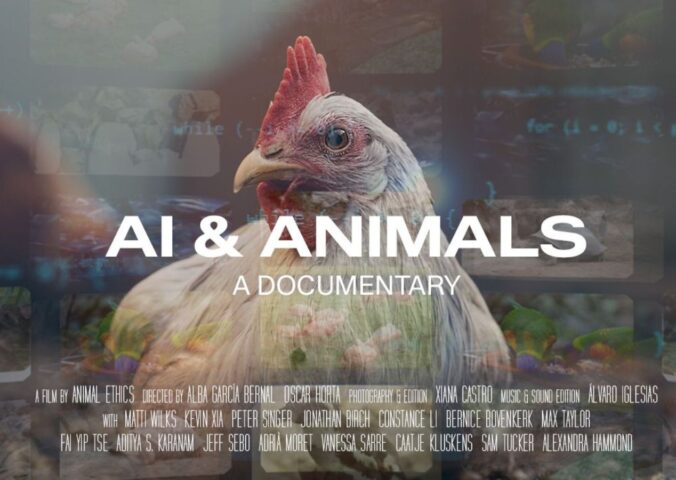An Australian animal rights group has launched an anti-bacon campaign after a report exposed the true cost of pig farming.
Animal Liberation Queensland (ALQ) compiled the 44-page report, titled: “BACON: Everything the Australian Pork industry doesn’t want you to know.” The organization spent 10 months visiting 44 farms around Queensland, Australia’s largest pork-producing state.
The organization has created a new website called BACON.ORG.AU. It states that the pork industry is “responsible for deeply troubling animal welfare issues that are often kept secret from the public.”
Issues discussed in the report include factory farms, painful mutilations, confinement, biosecurity issues, antibiotic resistance, disease, and pollution.
As well as visiting the farms in person, ALQ conducted drone inspections. Investigators found exposed pig carcasses at 19 sites – a rate of 43 percent. This, the report noted, could cause “serious biosecurity risks for all Australians.”
“Mortality rates for pigs are amongst the highest for any farmed animal. It’s hardly a surprise when you see the conditions these intelligent, sentient animals both live and die in,” said Amanda Holly, ALQ’s campaign manager said in a statement.
Warning: graphic image below
“Factory farms are the ideal environment for bacteria and disease. In a world still recovering from the devastating COVID-19 pandemic, it’s reasonable for Australians to expect a higher level of transparency and accountability from the pig industry.”
Australia’s pig farming industry
According to PETA, around six million pigs are slaughtered for food in Australia each year. Around 90 percent of them are factory farmed.
This means that they often live in cramped and filthy warehouses, and many will spend much of their lives in cages.
Many sows will be kept in farrowing crates for around four or five weeks after giving birth. These cages offer very little space, even to turn around. Newborn piglets are able to suckle from their mother from a small area next to the cage, but she is unable to nuzzle or take care of her young.
Some female pigs are still kept in gestation crates – sometimes known as “sow stalls” – during pregnancy. Australian Pork Limited (APL) previously committed to phasing these out by 2017. But some farms will keep pigs in these crates for up to six weeks of their pregnancy.
Pigs are also subjected to painful mutilations, including teeth clipping, tail-docking, castration, and eat tagging.
The environmental costs of pig farming
The report points out that farmed pigs produce about five times the amount of waste that humans do.
This is generally pumped into ponds, which emit highly toxic gasses, including hydrogen sulfide, carbon dioxide, methane, and ammonia. In the past, humans have died from inhaling gasses from manure ponds. Some of these gasses are also significant contributors to climate change.
“How is it that we insist on treating human feces, but tolerate open sewage ponds for factory-farmed animals?,” the report states. “This shines a light on our biased worldview; our very large blind spot when it comes to animal agriculture.”
Hopes for the future
The organization has expressed hope that pig producers will start to shift towards plant-based farming, which some farmers across the globe have already started doing.
“We are urging policymakers to act swiftly to halt any new or expanding factory farms, and offer producers the required assistance to help them to transition towards plant-based food production, to service the booming plant-based protein sector,” Holly told Plant Based News.
“In the meantime, there needs to be much closer scrutiny on the intensive pig farming industry, to address the serious animal welfare, biosecurity, environmental and human health impacts that it is responsible for.”






